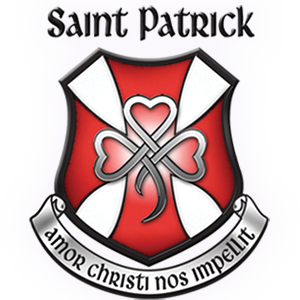
Academics
Technology
Our Technological Education Programs focus on the following factors:
PROMOTE INTEGRATED LEARNING that helps students see how their learning in one area is connected to their learning in another and to conditions in the real world. An integrated program uses a theme or group of activities to link several subject areas, thus allowing students to acquire knowledge and skills to make connections between the various technological subjects, and also between technological subjects and other areas of the curriculum.
EMPHASIZE PROBLEM-SOLVING, with a focus on problems that lend themselves to more than one type of solution, or that may require novel types of solutions. Through this type of “open-ended” problem solving, students gain valuable experience in identifying, analyzing, defining, and solving many different types of problems. The “open-ended” aspect is important to reflect conditions in the real world, where the problems students are likely to encounter may require them to examine possible solutions from unique perspectives.
FOCUS ON THE PROCESS of problem-solving as well as the product or solution. In order to solve problems, students will use a number of basic problem-solving techniques. Taken together, these techniques add up to a “process” that can be used consistently to find solutions to many different types of problems. It is a transferable skill that can be used in many different situations and for a variety of purposes. Students need to identify and become thoroughly familiar with the steps in the process they are using; to help them do so, they will be required to maintain a record of their activities for their work. This record, which could take the form of a design brief, a technological report, or some similar type of documentation, will also be used in evaluating student performance.
USE PROJECTS, and the activities and tasks required to complete them, as the primary means through which students learn the subject matter and reach the expected outcomes for the course or program. Projects may be very broad in scope (e.g., a multi-component project undertaken by the whole class) or may be narrow and focused (e.g., a project to learn a specific skill used in making part of a product).
EXPERIENTIAL LEARNING by doing. That is, the students should acquire knowledge and skills primarily through doing the specific tasks required to complete a project, rather than from texts. Students understand concepts and procedures more readily when they encounter them through concrete examples.
ENCOURAGE INDEPENDENCE and small group learning activities. The purpose of using a student-centred format is to enable students to take progressively more responsibility for their own learning in preparation for a workplace that requires responsible, self-motivated workers capable of taking on new challenges.
